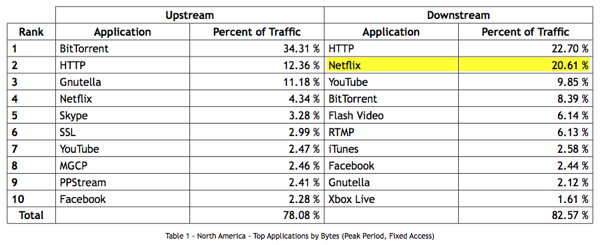Choruss(コーラス)というのはワーナーによって進められている実験的音楽ライセンスプロジェクトだ。数ヶ月前に報道されて以来、その実態は明らかにされていなかった。今回はその仕組みについてかなり詳しい記事がThe Chronicle of Higher Educationで紹介されている:
Music Industry Changes Tune of New Program to Fight File Sharing – Technology – The Chronicle of Higher Education
On the basis of those initial talks, the colleges would pay the music industry a blanket licensing fee, similar to what radio stations pay to air popular songs.
コーラスの一つの特徴はブランケットフィーだ。これはJASRACのような著作権団体がラジオ局などに対し行っているライセンス方法である。音楽のような限界費用がゼロに近い財の場合、このような純バンドリング(pure bundling)が取引費用まで考慮すれば有効なことは多い。
For instance, when asked about the “covenant not to sue,” Mr. Griffin said, “We’d initially considered the idea but have now decided to use a traditional license approach.”
また、単に訴訟を起こさないというだけの契約(covenant not to sue)として批判されていたが、従来通りのライセンス形態になっているようだ。
Another substantial change from the early days of the proj ect is that the licenses now would be with individual students rather than with colleges
契約主体も大学キャンパスから学生個人へと変更されている。
The most unusual feature of Choruss is that users would be able to download any song in the collection to their own computers, with no restrictions.
さらに契約期間中にダウンロードされた楽曲は半永久的に利用が許可されるというのは新しい。聴き放題式の音楽サービスでは契約期間が過ぎれば再生できなくなるのが普通だ。
どれも音楽レーベルや著作権管理団体を批判する人々にとっては望ましい方向性だろう。
Users would install software that would count every time they played a song, for the purpose of distributing royalties to the musicians.
ミュージシャンへの報酬分配目的のソフトウェアインストールは問題となりうるが、課金ではなく統計的処理が目的である以上利用者全員に強制する必要はないのである程度は緩和されるだろう。
そういえばアメリカに比べると音楽の不正コピー問題を日本のメディアで聞くことは少ないが何か理由があるのだろうか。それとも単に私が気付いていないだけなのだろうか。
